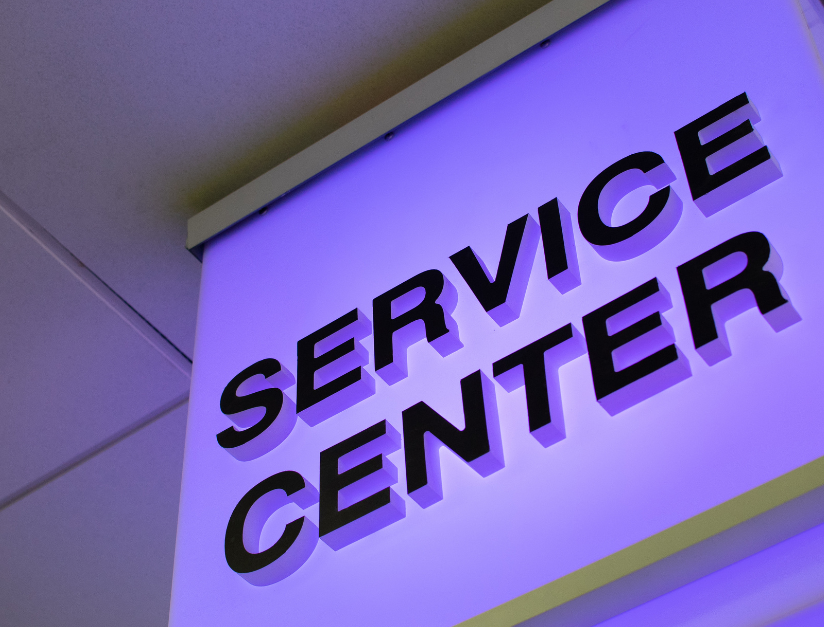Introduction
In today’s competitive job market, employers are seeking more than just technical skills. Soft skills such as communication, adaptability, and problem-solving have become essential qualities that can determine a candidate’s suitability for a role. These interpersonal skills not only help employees collaborate effectively but also ensure they contribute positively to organizational growth. Understanding and prioritizing soft skills is crucial for any recruitment strategy in the modern workplace.
What Are Soft Skills?
Soft skills refer to non-technical abilities that are essential for interacting with others and functioning well within a team. While hard skills are specific to a job or industry and can be taught, soft skills are more inherent and are related to personality traits and behaviors. Some of the most important soft skills include:
- Communication: the capacity to listen intently and communicate concepts.
- Teamwork: efficiently coordinating with coworkers and pursuing shared objectives.
- Adaptability: Adjusting easily to changing circumstances or new challenges.
- Problem-solving: Identifying and resolving issues efficiently.
- Emotional Intelligence: Being aware of and in control of one’s own emotions as well as those of others.
These skills can make a significant difference in how employees function and thrive in a workplace environment.
Why Soft Skills Matter in Recruitment
In the past, many organizations focused primarily on technical expertise when hiring. However, as workplaces evolve, there’s an increasing recognition that soft skills are just as important, if not more so. Here’s why soft skills have become critical in recruitment:
- Team Collaboration: Modern work environments require constant collaboration. Employees who can communicate, empathize, and work effectively within teams are more likely to contribute to the success of the team and company.
- Leadership: Soft skills such as emotional intelligence, conflict resolution, and effective communication are fundamental to leadership roles. Employers seek these qualities when considering individuals for managerial positions.
- Customer Relations: Positions that involve client-facing work, such as sales or customer service, require excellent soft skills. It is extremely valuable to be able to handle challenging talks, settle disputes, and establish rapport with clients.
According to a study, 93% of hiring managers state that soft skills are just as important as hard skills, especially for roles that require leadership and teamwork.
How to Assess Soft Skills in Candidates
Because soft skills are more difficult to assess than technical skills, evaluating them can be difficult. However, there are several methods that employers use to evaluate these skills during the recruitment process:
- Behavioral Interviews: Asking candidates to describe past situations where they demonstrated specific soft skills. This could include examples of teamwork, conflict resolution, or leadership.
- Situational Judgment Tests: Presenting candidates with hypothetical scenarios and assessing how they would handle them. This helps gauge problem-solving and decision-making abilities.
- Group Exercises: Having candidates participate in group activities or team-building exercises allows employers to see firsthand how they interact with others, communicate, and collaborate.
- Reference Checks: Speaking with previous employers to understand how the candidate performed in a team environment and what their interpersonal skills were like.
These assessment techniques help employers identify candidates who are not only technically qualified but also have the necessary soft skills to thrive in a team environment.
Integrating Soft Skills Into Organizational Culture
Beyond hiring, companies must invest in fostering soft skills throughout their workforce. Here are a few strategies to help integrate soft skills into organizational culture:
- Training Programs: Providing employees with training that focuses on communication, emotional intelligence, and leadership can help enhance soft skills.
- Mentorship Programs: Pairing employees with mentors can encourage growth in both technical and soft skills, providing employees with personalized guidance.
- Performance Reviews: Regular feedback should include assessments of both technical and interpersonal skills to highlight areas for improvement and growth.
- Recognition: Companies should acknowledge and reward employees who exhibit strong soft skills. This could take the shape of public acknowledgment, bonuses, or promotions.
Companies may boost productivity, retention rates, and overall employee satisfaction by fostering a culture that promotes and supports soft skills.
The Future of Recruitment: Soft Skills Are Here to Stay
As artificial intelligence and automation continue to transform the workplace, soft skills are becoming even more important. While machines can handle repetitive tasks and technical processes, human qualities like empathy, collaboration, and critical thinking cannot be replaced. In fact, as more routine tasks are automated, soft skills will become the differentiating factor in recruitment.
Companies that recognize the importance of these skills and incorporate them into their hiring process will be better equipped to face the challenges of an ever-changing business landscape. By prioritizing soft skills in recruitment, businesses can build strong, resilient teams that are ready to take on the complexities of the modern workplace.
Conclusion
Soft skills are now necessary in today’s workforce; they are no longer optional. While technical knowledge is crucial, soft skills play a pivotal role in ensuring employees thrive in their roles and contribute positively to the organization’s success. At Mag Cloud LLC, we understand the importance of these skills in recruitment and support our clients in building teams that excel not only in technical abilities but also in interpersonal collaboration and leadership. Embracing the power of soft skills in recruitment is a key strategy for building high-performing, adaptable teams that will drive success in the modern workplace.









Leave a Reply